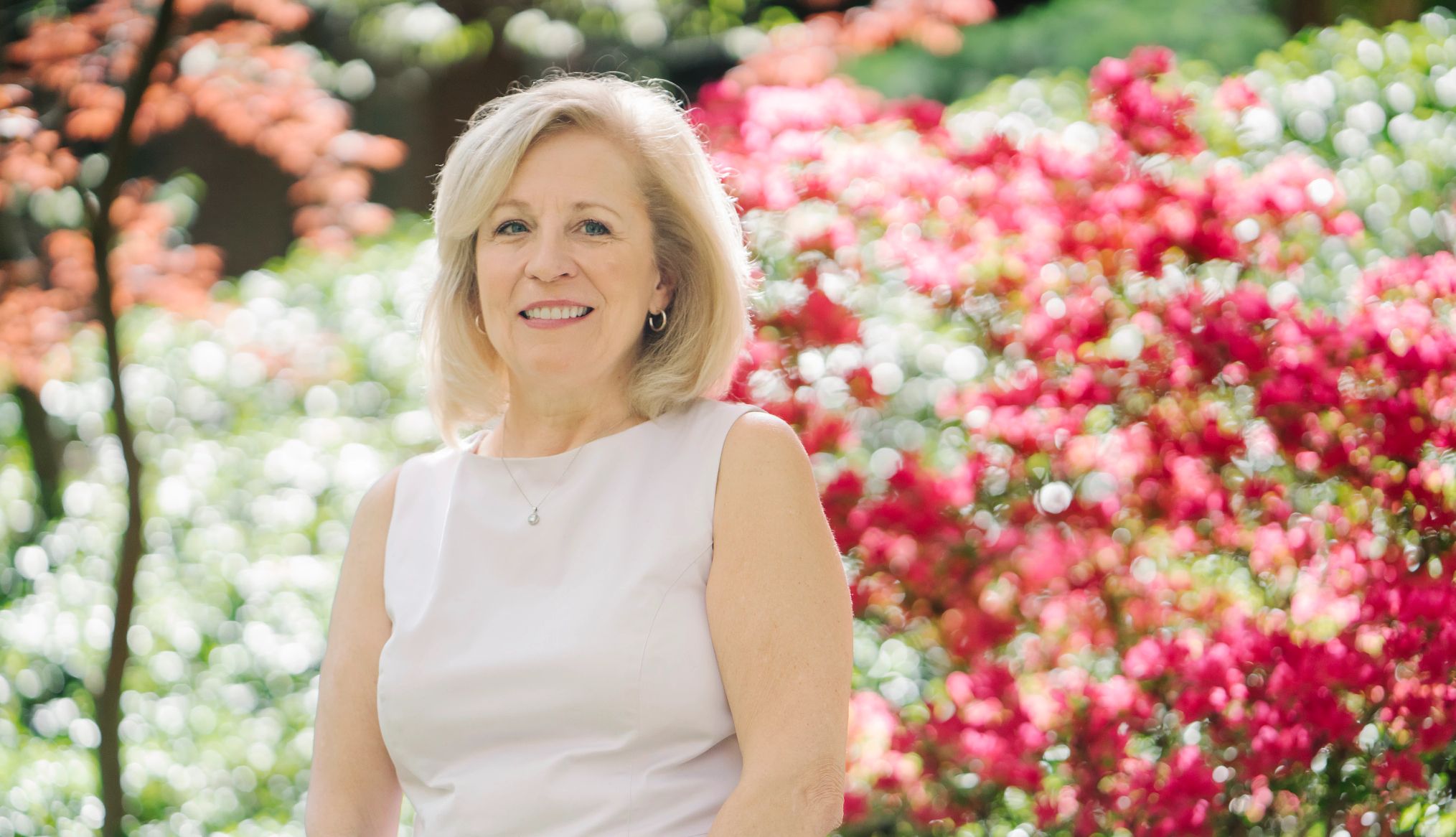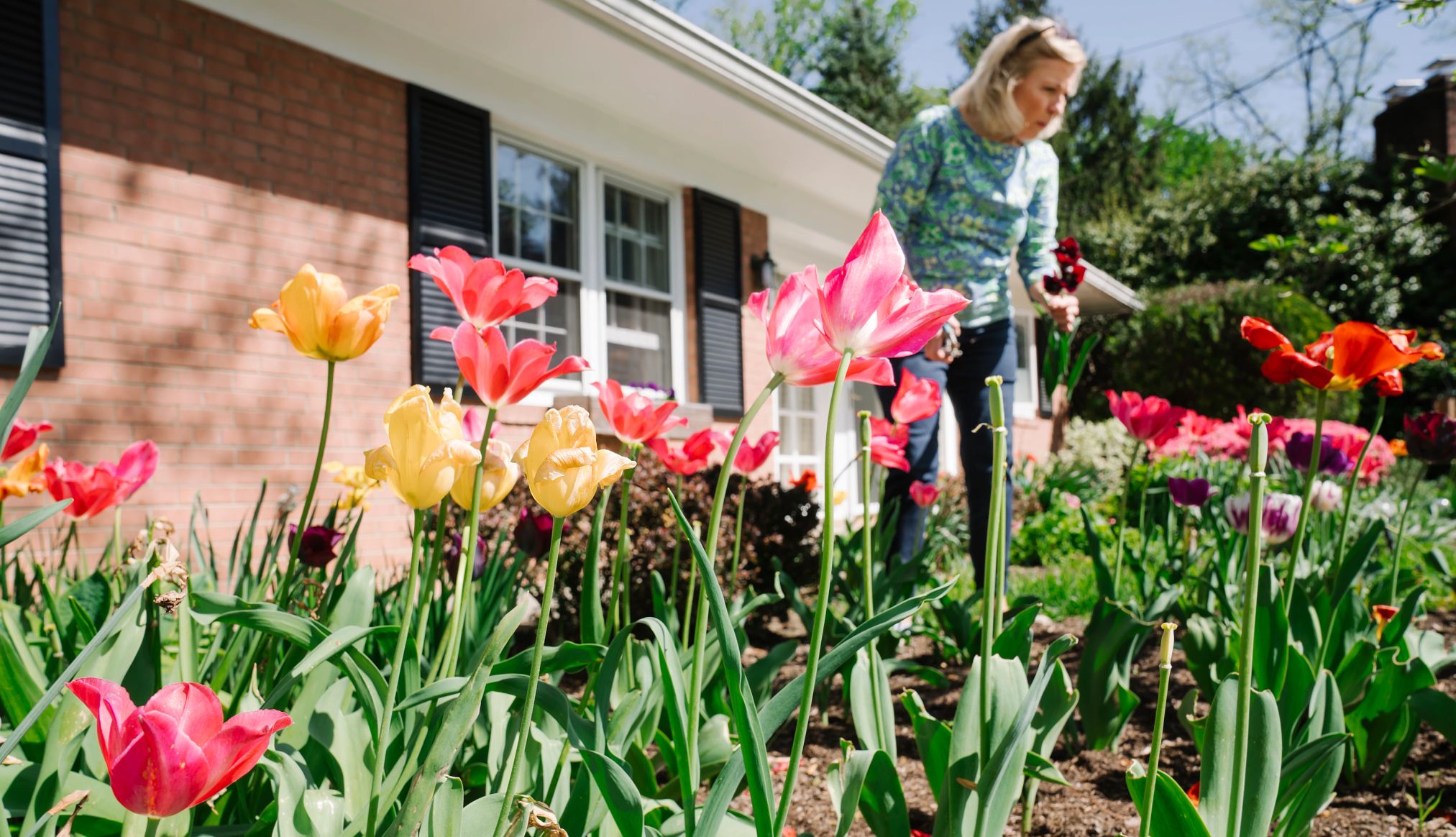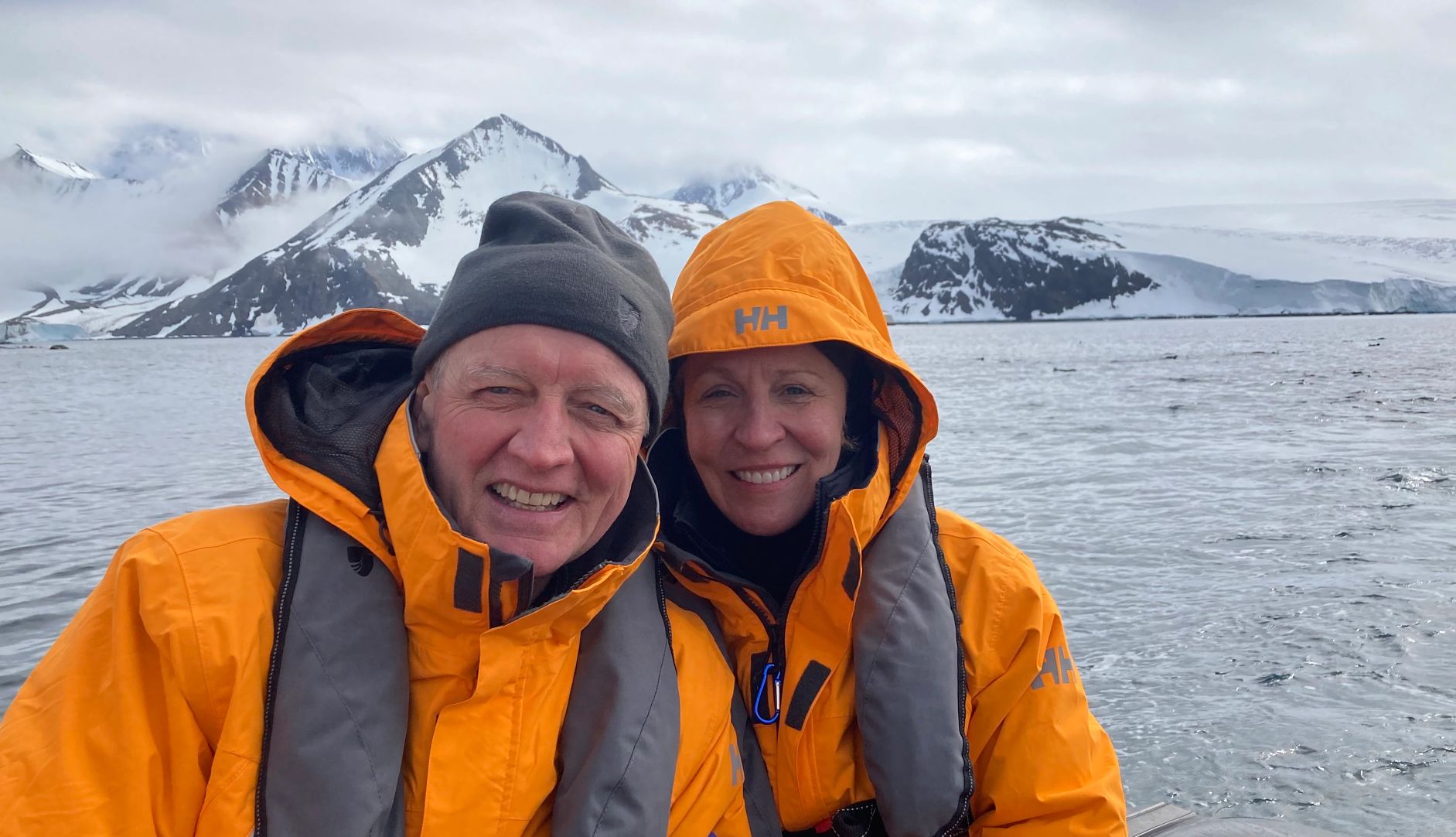Staying Fit


Here’s a dirty little secret: At age 67, I joined a garden club.
Not long ago, the idea of secluding myself in a church hall with a bunch of silver-haired dowagers who insist on proper botanical nomenclature (genus and species) would have been unthinkable.


AARP Membership— $12 for your first year when you sign up for Automatic Renewal
Get instant access to members-only products and hundreds of discounts, a free second membership, and a subscription to AARP the Magazine.
Not me. Not the hard-charging journalist who chased tough stories from tornadoes to triple murders to terror attacks.
Yet here I am, squirming in a folding chair as a lecturer drones on about how to grow unusual herbs for French culinary sauces I will never make.
How did I get here?
Two years ago, I retired. With a nudge from a neighbor, I joined the club to grow my skills as a floral designer. I had no interest in making a killer béarnaise, but I wanted to branch out, so to speak. (And shame on me, a bottle blond, for throwing shade on the club’s gray-heads.)
On April Fools’ Day, 2022 — no joke — I retired from AARP. My work as a writer and editor here focused on elder fraud, and I was gratified to help victims and alert others to this unconscionable scourge. I also wrote about Alzheimer’s research, centenarians and the catastrophic toll on older Americans of Northern California's Camp Fire, among other stories.
After four adrenalin-fueled decades of news reporting, my years at AARP were a cool-down phase. I was no longer on call 24/7. Even better, working for a nonprofit representing 38 million fellow older Americans proved a master class in retirement. I was in “pretirement” when I started, and I learned from the experts I interviewed and from those colleagues I spoke to for their stories about health, fitness, personal finance — you name it.
At a staff gathering six months into the job, I heard a talk on how to live to be 100. Among the speaker’s exhortations: Have a “playful, joyful retirement.”
Right afterward, I got a call from my oldest brother announcing that he was retiring. In light of our roll-up-your-sleeves upbringing, I was stunned. But I parroted the lecturer, wishing my sibling a playful, joyful retirement.
Thus, the seed was planted.
No poster child
Let me be clear that I am not an AARP-sanctioned poster child for retirement. No such person exists. AARP aims to empower people to choose how they live as they age. As we approach the off-ramp of our working years, our health, family and finances may be radically different from the next person’s. Everyone’s retirement is theirs alone.
I chose April 1 to call it quits for two reasons: I would never forget the date, and, mischievously, I wanted one last laugh as I bade farewell to the 9-to-5, the cubicle farm, the deadlines and the annual performance reviews (which, as a mature professional, I had come to loathe).
My finances seemed on solid footing. I had a modest newspaper pension and could rely on my husband’s paycheck. I would take a buzz saw to household spending, put off Social Security and not touch our nest egg.
When D-Day (Departure Day) rolled around, I laughed, cried, listened to tributes and gave what my colleagues called a funny speech. I was happier than an inmate being sprung from the big house. I would be out of the office — forever — and freed from the shackles of full-time toil. I’d worked since childhood, first at my family’s long-running restaurant outside Chicago and later in retail and for the U.S. Postal Service, among other places.
Ah, hubris. In the months to come I would learn that, much like other important endeavors — grieving, staying married, shaving my legs — there are stages to retirement. These were mine.
Stage 1: Euphoria
I had won the lottery. Every morning I could ignore the alarm my husband set and do whatever I wanted. My life seemed ripped from the script of Ferris Bueller’s Day Off.






































































More From AARP
How to Protect What You Collect
Tips for caring for your collectibles, including proper organization, accurately assessing the value and more
Follow This Road Map to Test-Drive Your Retirement
7 steps to help hone your plan in ‘pretirement’ years
6 Things I Wish Someone Had Told Me Before I Retired
Recent retiree shares lessons learned about money, time
Are You Emotionally Ready for Retirement?
Take steps to prepare your mind as well as your money
Recommended for You